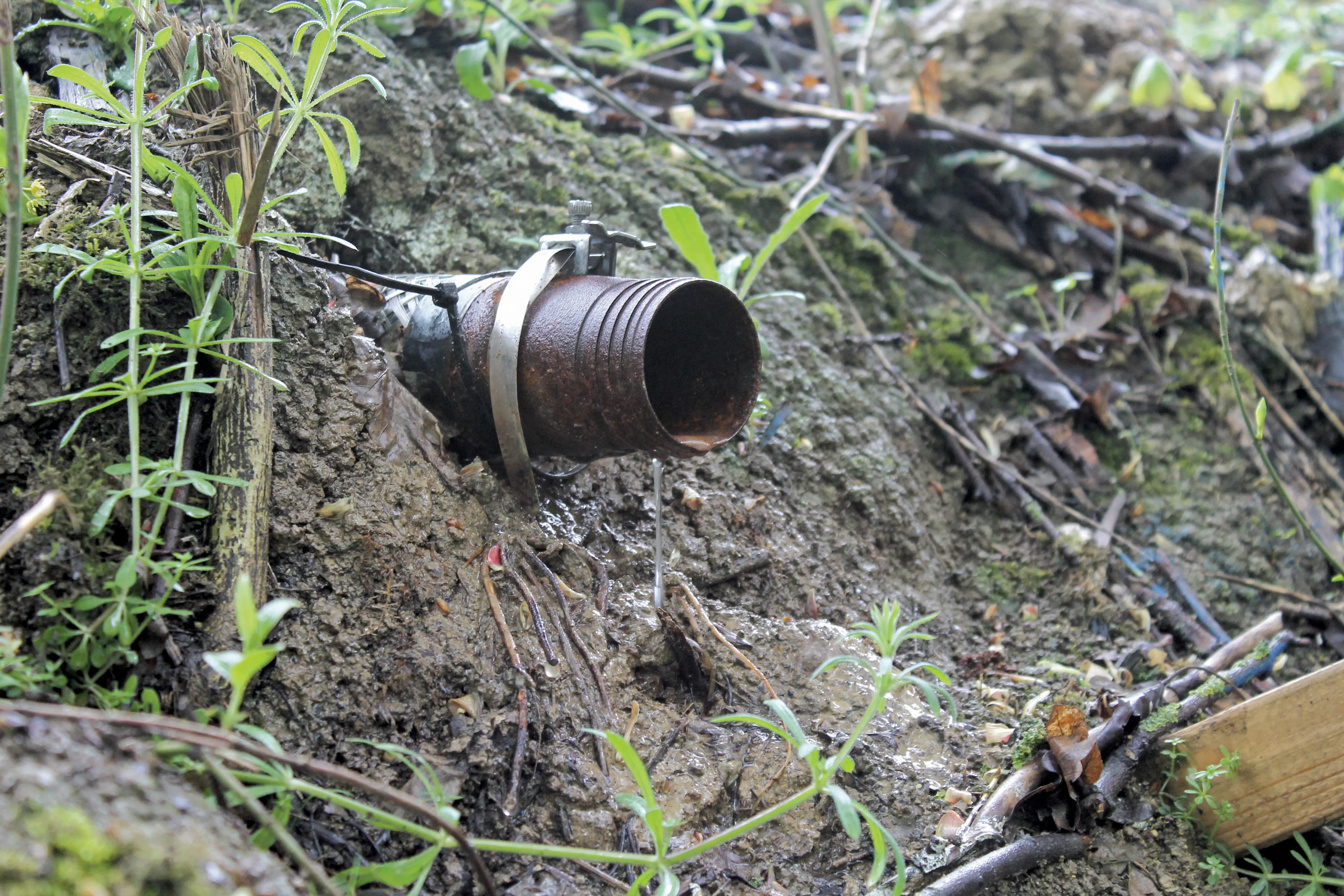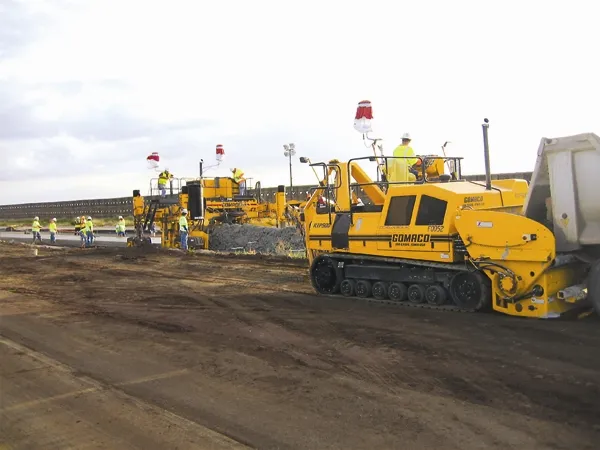An innovative new product, SD605, is said to help boost safety by cutting dust levels during manufacturing of pre-cast concrete products. The US-developed product can also be used for dust control in construction, roadway, haul road, erosion and soil stabilisation applications.
April 16, 2012
Read time: 2 mins

An innovative new product, SD605, is said to help boost safety by cutting dust levels during manufacturing of pre-cast concrete products. The US-developed product can also be used for dust control in construction, roadway, haul road, erosion and soil stabilisation applications. Developed by 1406 NaEx Corp, SD605 is an economical water applied complex co-polymer that contains a patented super surfactant which allows for deep penetration into the dust bed and soil. When applied with water the product develops a hardened surface with a penetration of up to 254-356mm in heavy dust conditions. This is important where light powdery dust problems occur, as the product forms a more rigid substructure by attracting and combining the dust particles. Surface traffic compresses the dust and product mix to form a denser matrix, which provides long term control. Controlling dust with water trucks alone requires multiple trips to maintain moisture and is costly and time consuming. Using SD605 will save costs by reducing personnel and water needs. After the first application of SD605, only an occasional maintenance application is required to maintain proper product level in the dust bed. The SD605 deep penetrating soil stabilisation product is said to be important for construction projects, where dust pollution can result in fines and costly work stoppages.








